People
Faculty
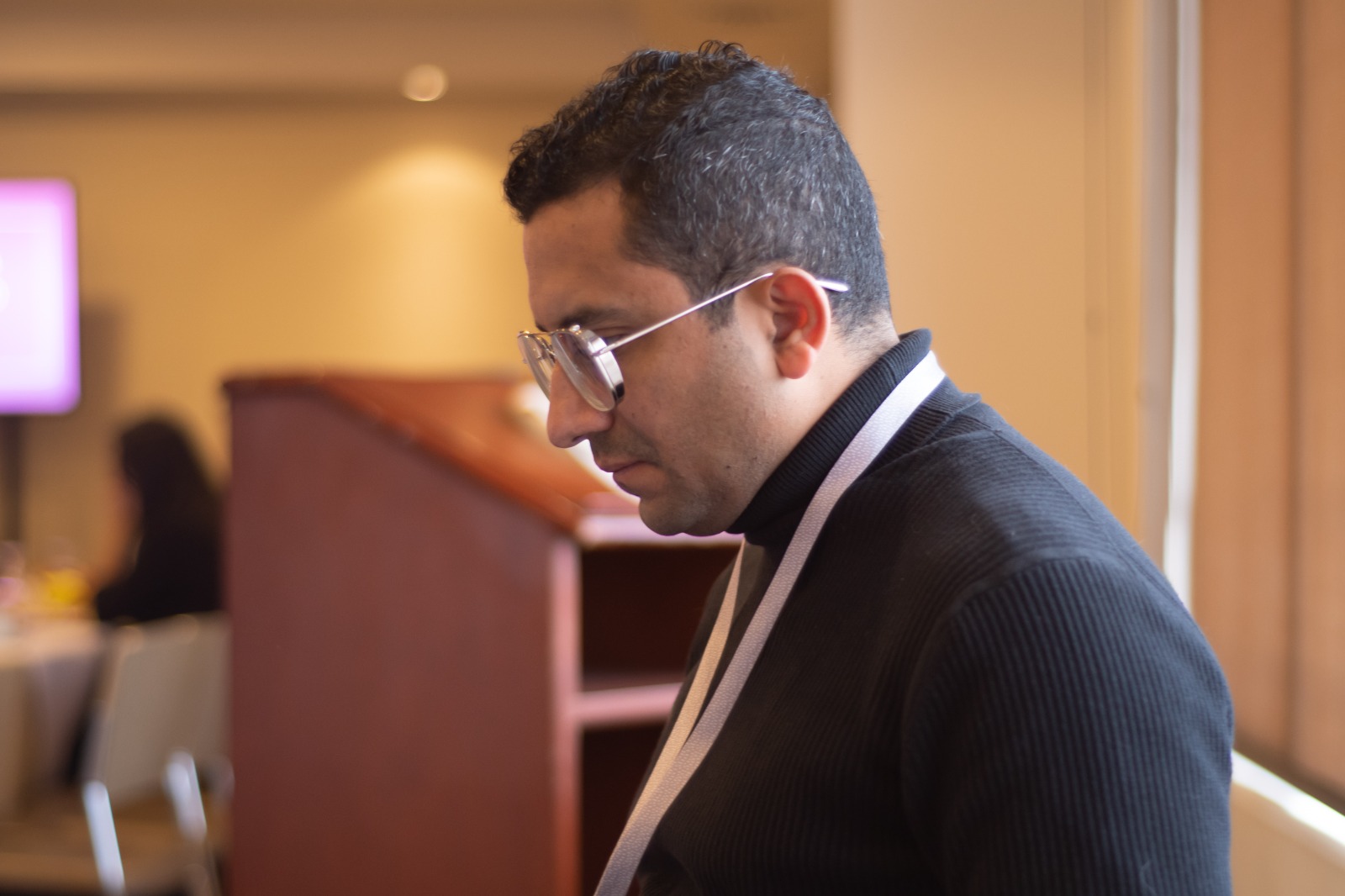
Oscar Javier Maldonado Castañeda
Oscar Javier Maldonado Castañeda is Associate Professor in the Department of Sociology at Universidad del Rosario (Bogotá, Colombia). He has a Ph.D. in Sociology from Lancaster University and has been postdoctoral researcher at the Institute for Technology and Social Change (TEMA) at Linköping University (Sweden), visiting researcher at the TANTLab (Digital Methods Laboratory) at Aalborg University in Copenhagen (Denmark), visiting professor in the Social and Human Sciences Graduate School at the National University of Colombia, Fellow of the Summer Program in Social Science at the Princeton Institute of Advanced Studies -IAS- (2020-2023) and Global South Visiting Fellow at the College of Arts and Social Sciences, Australia National University.
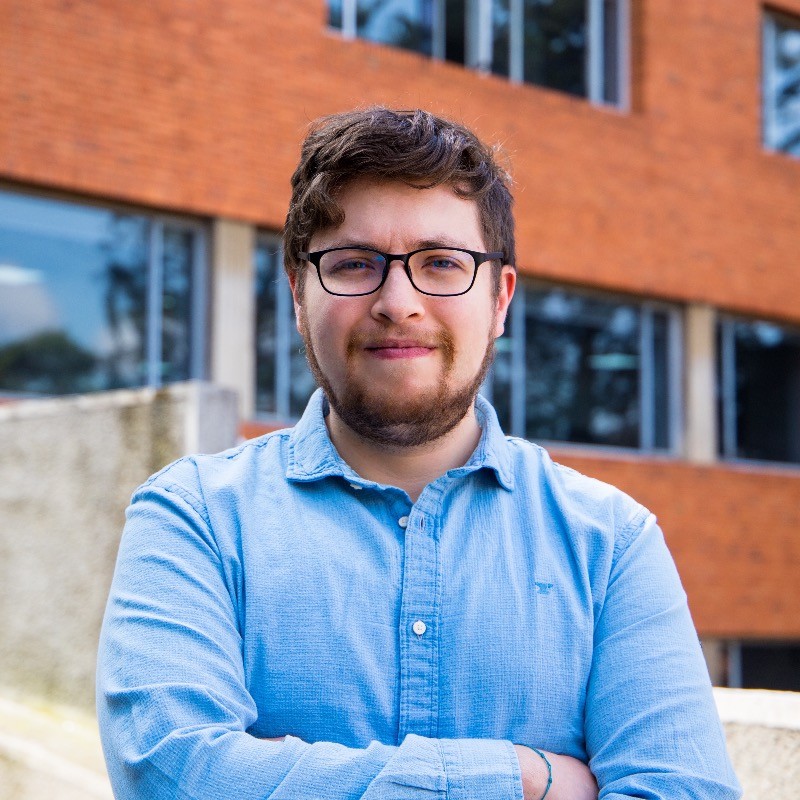
Jaime Eduardo Cuellar Cuellar
Jaime Eduardo Cuellar Cuellar, Anthropologist with a Master's degree in Economics and Public Policy from the Universidad del Rosario. My expertise is focused on the analysis of social phenomena based on digital and mixed methods, especially in technological or technoscientific phenomena that are little studied such as biases in artificial intelligence technologies such as LLM. I use programming languages such as Python to extract, analyse and visualise data with natural language processing and artificial intelligence technologies to analyse social phenomena such as migration or violence against women politicians. I have worked for institutions such as UN Women, Fair Work and the Danish Refugee Council. I am currently the head of the Communication and Digital Humanities axis of the Social Communication programme and I am part of the Digital Humanities Lab at PUJ.
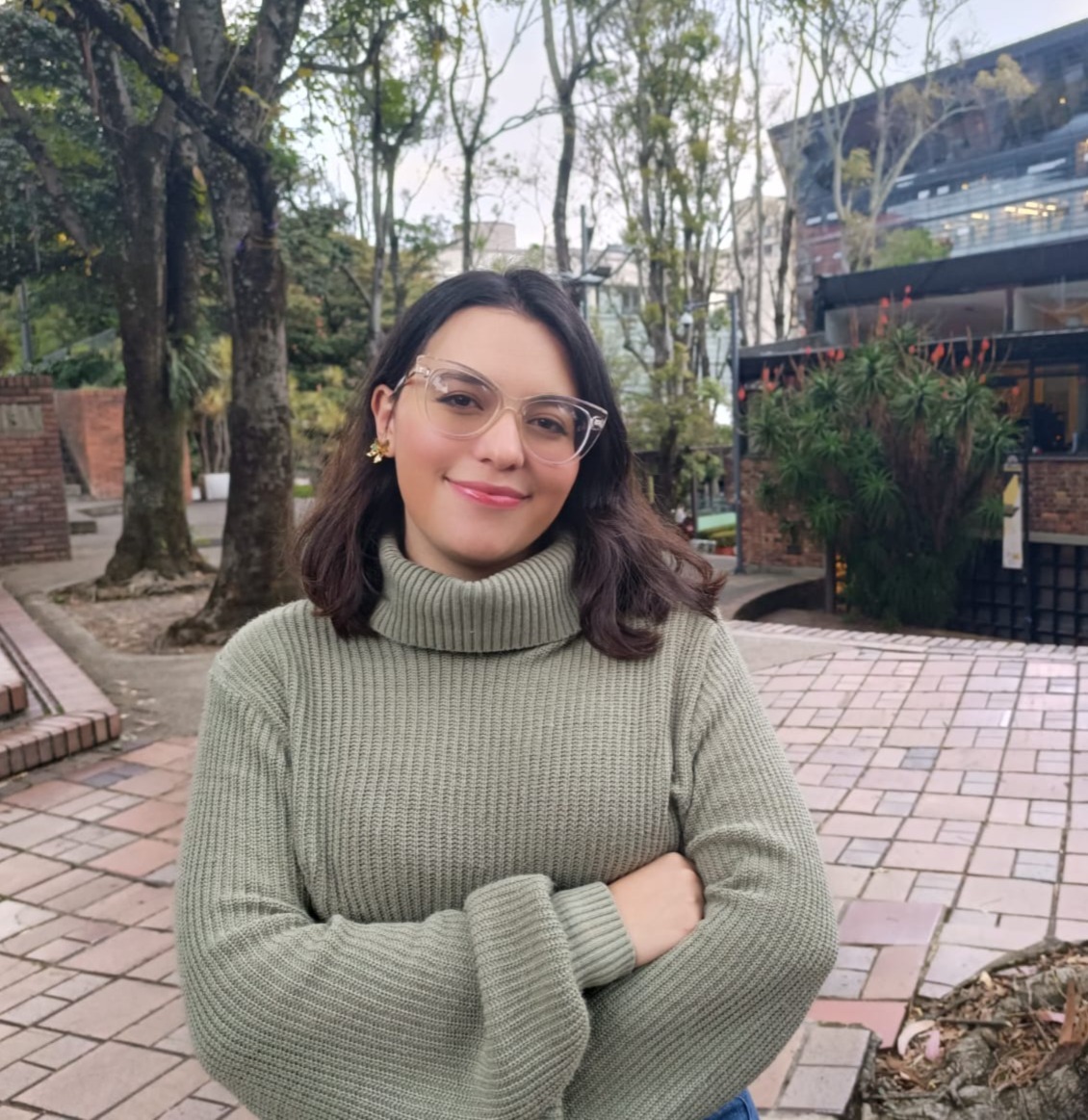
Isabella Jaimes Rodríguez
Isabella Jaimes Rodríguez is a researcher in Science and Technology Studies (STS) and Human-Computer Collaboration (CSCW). Her work explores how technology shapes relationships in Latino migrant communities, with a focus on domestic labour and digital platforms. She is currently a research assistant at York University and the STREET Lab at the University of Toronto. She has worked on projects on labour conditions in platform economies in contexts of informality in Colombia and Canada, using feminist technoscience theoretical frameworks to analyse the interaction between technology and society. She has expertise in computational methods applied to social science, including network analysis, natural language processing and digital discourse analysis. She has worked with data from social networks and digital platforms to study political violence against women, digital labour, healthy habits of young people and practices in migrant communities. She has also taught data analysis courses at the Javeriana University, designed for students of organisational communication and data science, with the aim of integrating computational tools into the study of social and organisational phenomena from a critical perspective and with an emphasis on the intersection between inequality, technology and work.

Victor Manuel Hernández
Victor Manuel Hernández, Sociologist, Master in Applied Statistics and Data Science. Specialist in Artificial Intelligence. Full-time professor at the Fundación Universitaria del Área Andina for the Sociology and Basic Sciences programme. Professor at the Faculty of Communication and Language of the Pontificia Universidad Javeriana for the Data Science programme and the Master's degree in Communication, Technology and Society. Professor at the Universidad del Rosario for the Master in Strategic Management of Information and Digital Innovation. He has particular interest in quantitative data analysis, social modelling, machine learning for social sciences, computational social sciences and natural language processing.
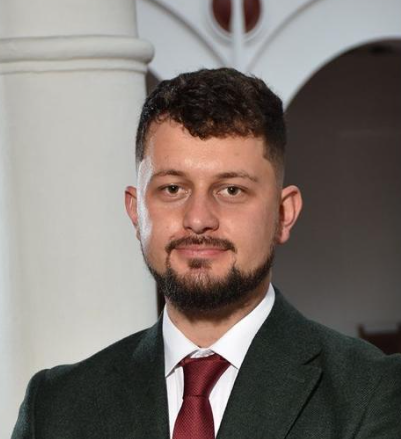
Sergio Sánchez
Sergio Sánchez, Sociologist with a Master's degree in Economics of Public Policy from the University of Rosario. I have a solid background in Research and Social Appropriation of Knowledge, developed at IDCBIS. My academic focus is complemented by technical skills in data analysis, including natural language processing in Python and data visualization in Power BI. In addition, I am experienced in web scraping techniques, which allow me to obtain and analyse relevant information from a variety of sources. My passion for data science drives me to explore how analytical methodologies can transform social research and policy making. I am committed to applying advanced analytical tools to unravel patterns and provide valuable insights that support informed social and economic decision-making. I am excited about the opportunity to share my research and perspectives in this diploma course.
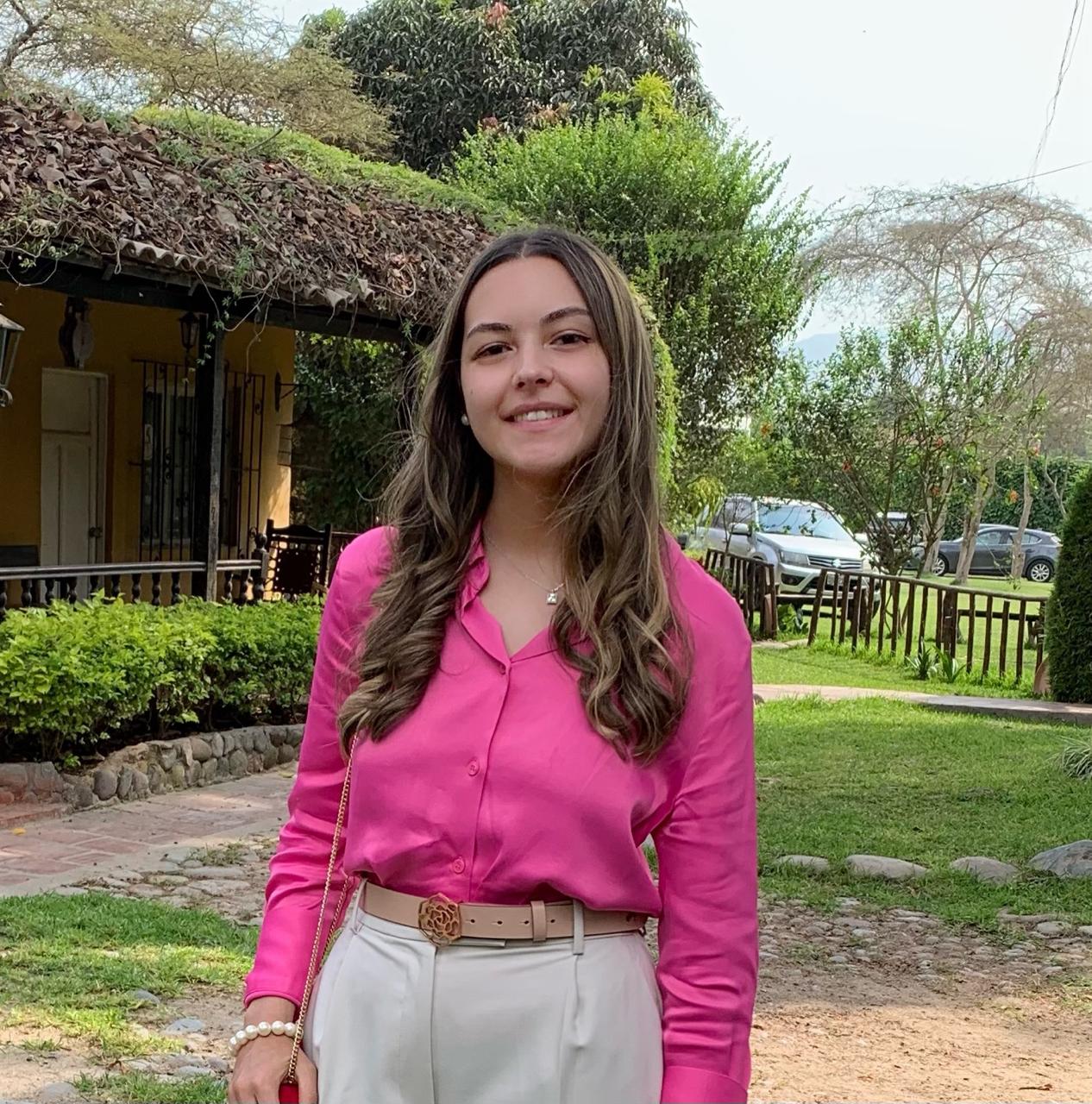
Alicia Duque Abarca
Lawyer and student of the Master in Social Studies at the Universidad del Rosario. Currently, she belongs to the Public Engagement Unit at the District Institute of Science, Biotechnology and Innovation in Health (IDCBIS). Her experience focuses on social science research using digital methods. She has skills in Python and R for data mining, analysis and visualisation, with a focus on topics such as digital gender violence, health, migration and digital sharing platforms.
Speakers

Janna Joceli Omena
Janna Joceli Omena is a Lecturer (Assistant Professor) in Digital Methods at the Department of Digital Humanities, King’s College London. As a digital methodologist and interdisciplinary scholar, her research centres on the epistemological aspects of AI, web technologies, digital objects, and research software; she is particularly interested in their influence on method design, implementation, and knowledge production. Her research focuses on the practice and theory of digital methods, examining computational media from conceptual, technical, and empirical perspectives to develop reproducible methodologies and research software. From 2016 to 2023, Janna spearheaded the SMART Data Sprint at NOVA University Lisbon, a pioneering initiative in Portugal that offered a platform for teaching and developing digital methods research. She authored Métodos Digitais: Teoria-Prática-Crítica (2019), the first edited collection on digital methods in Portuguese, and co-organised a bilingual special issue on the data sprint approach (2022), published in both Spanish and English. She is a member of the Public Data Lab and the Interest Group on Knowledge Graphs at The Alan Turing Institute and collaborates with the Digital Methods Initiative. Her work and projects are accessible on Google Scholar, ResearchGate, GitHub and WordPress.

Adrian Mackenzie
Professor Mackenzie (Australian National University) is a leading scholar of science and technology studies, media and cultural studies, and social and cultural theory. His current interests focus on network and computational media, digital sociology and innovation in data-related methods. He is the author of Machine Learners: Archaeology of a Data Practice (MIT Press, 2017), Wirelessness: Radical Empiricism in Network Cultures (MIT Press, 2010), Cutting Code: Software and Sociology (Peter Lang, 2006) and Transductions: Bodies and Machines at Speed (Continuum, 2002). He has recently published articles on the capitalization of online platforms, device-specific events, consumer genomics, and DNA-based biosensing. Professor Mackenzie is a co-editor of the journal Big Data and Society.

Natalia Sánchez
Natalia Sánchez-Querubín, Ph.D., is Assistant Professor of New Media and Digital Culture at the University of Amsterdam (UvA) and a member of the Digital Methods initiative. Since 2021 she coordinates the Master's programme in New Media and Digital Culture at the UvA. Her research focuses on the intersections between digital media and various social issues, with a particular focus on the analysis of online controversies. She is co-author of the book Issue Mapping for an Ageing Europe, with Richard Rogers and Alexandra Kil. Her work has been published in academic journals and addresses topics such as critical data studies and creative uses of artificial intelligence, for example, to explore climate imaginaries and contemporary issues such as content moderation.
Teaching Assistants
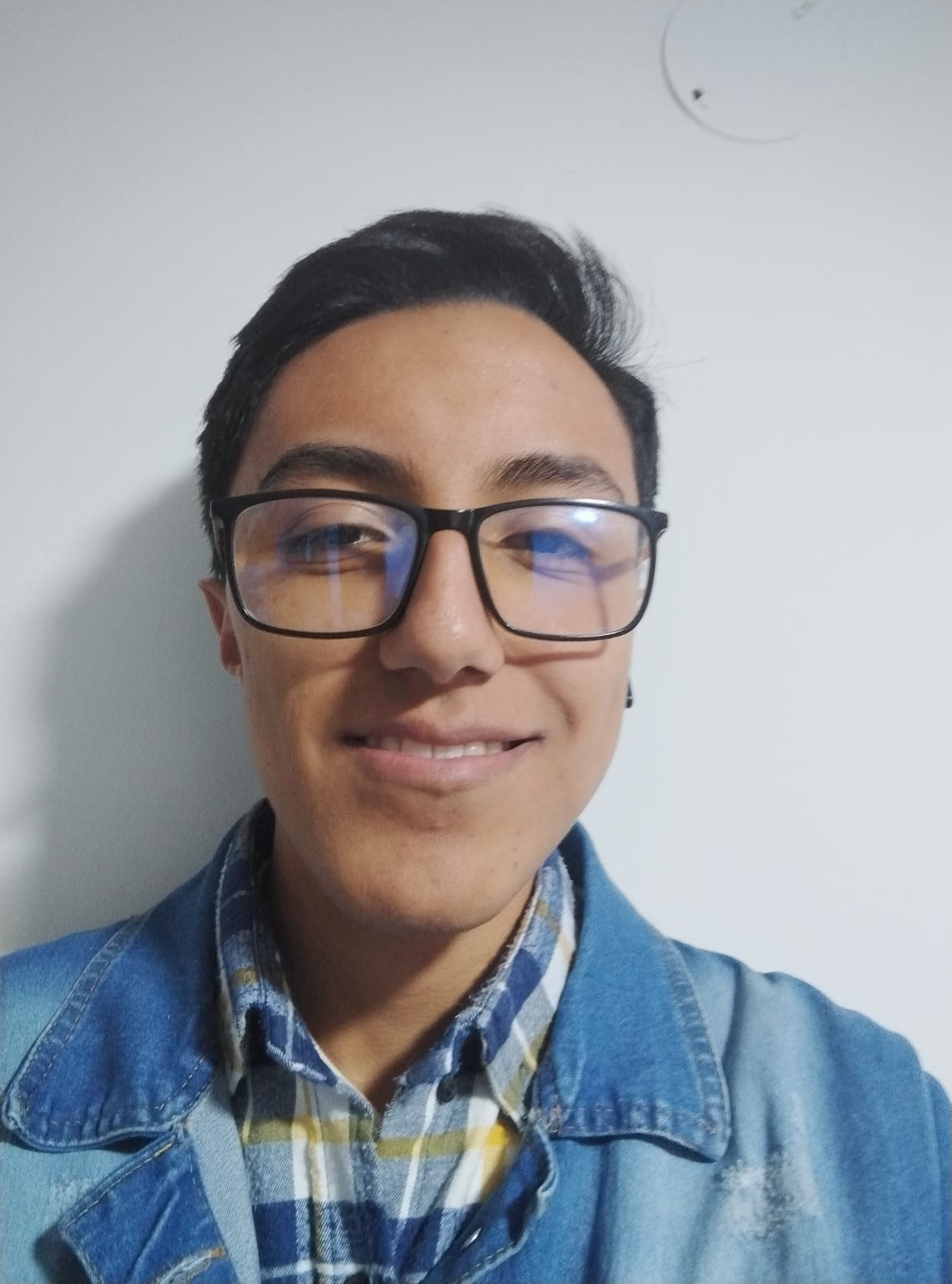
Nicolás Algarra Polanco
Soy Nicolás Algarra Polanco, estudiante de ciencia de datos e ingeniería de sistemas en la Pontificia Universidad Javeriana (PUJ), en Bogotá, Colombia. He trabajado en varios proyectos sociales, tratando de analizar y buscar patrones sociales que puedan mostrar y explicar cómo funciona la sociedad, y desarrollar posibles estrategias que puedan mejorar la calidad de vida del ser humano. Quiero mejorar mis conocimientos aprendiendo nuevas perspectivas de personas de todo el mundo y mostrar a los demás todo lo que he aprendido a lo largo de los años, con el fin de poder mejorar aunque sea un poco más el mundo en el que vivimos.

Yesica Alexandra Guarin Arce
Soy estudiante de Sociología en la Fundación Universitaria Areandina. Mis principales intereses se centran en comprender diversos fenómenos sociales y en innovar dentro del campo de la investigación. Me apasiona especialmente el tema de la educación y cómo podemos transformarla para que sea accesible, significativa y útil para todas las personas. Otro de mis grandes intereses son los fandoms, en particular el fandom ARMY. Como miembro de esta comunidad desde hace varios años, siempre me ha intrigado su funcionamiento interno y su impacto social. Esta curiosidad me llevó a desarrollar una investigación sociológica sobre el fandom, a través de la cual busqué demostrar la necesidad de renovar ciertos enfoques y conceptos dentro de la sociología contemporánea. Fruto de este trabajo, publiqué el artículo titulado El caso de la comunidad ARMY en Colombia: configuración de una nueva forma de comunidad, donde analizo cómo este fandom representa una forma emergente de comunidad en la era digital.

Diego Alexander Umbarila Forero
Soy estudiante de Sociología con interés en el análisis computacional de fenómenos sociales. Me emociona formar parte de equipos que integran ciencia de datos y ciencias sociales, y tengo muchas ganas de seguir aprendiendo en ese camino. He explorado herramientas como Python, R, Atlas.ti, Gephi y Power BI, combinando métodos cualitativos y cuantitativos para comprender mejor distintas dinámicas sociales. Me interesa especialmente trabajar con datos digitales, experimentar con visualizaciones y participar en espacios colaborativos donde pueda crecer, compartir lo que sé y aprender de otros.

Juan Francisco Ramírez Escobar
Soy estudiante de último año de Ingeniería de Sistemas y Ciencia de Datos en la Pontificia Universidad Javeriana de Bogotá, cuento con experiencia en ingeniería de datos, diseño de pipelines ETL, modelado de datos, gestión de bases de datos y aprendizaje automático; he desarrollado una base sólida tanto en desarrollo front-end como back-end, así como en desarrollo de aplicaciones móviles. He contribuido a varios proyectos académicos y de desarrollo de software a través de mi participación en grupos de investigación como ACM Javeriana (grupo estudiantil que lideré en 2023). Me encanta dar solución a problemas complejos, especialmente cuando el proceso trae beneficios sociales; considero que el hecho de generar aportes importantes a las personas es el foco para todo proyecto exitoso.

Ana Sofia Neira
Soy Ana Sofía Neira, estudiante de séptimo semestre de Sociología en la Fundación Universitaria del Área Andina, en Bogotá, Colombia. A lo largo de mi formación académica, he desarrollado un profundo interés por las investigaciones sociales que buscan comprender las dinámicas colectivas, los conflictos estructurales y las transformaciones culturales que atraviesan nuestras sociedades. Mi motivación principal ha sido el estudio de las investigaciones previas: aquellas que han trazado rutas críticas y metodológicas para analizar fenómenos sociales complejos, especialmente en contextos latinoamericanos. Considero que el conocimiento sociológico no solo permite interpretar el mundo, sino también transformarlo de manera consciente, ética y colectiva. Me interesa aprender de otras perspectivas, metodologías y realidades, para enriquecer mis propias herramientas analíticas. Quiero compartir lo que he aprendido en mi camino como estudiante e investigadora.
